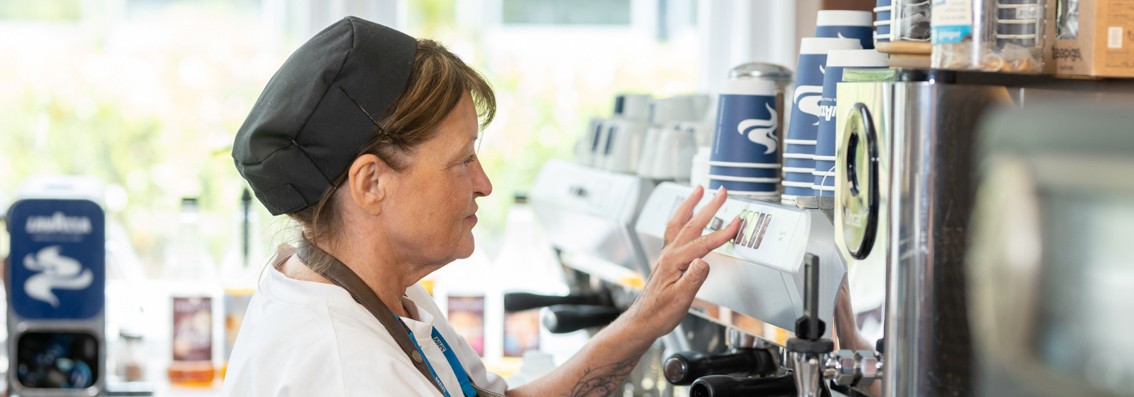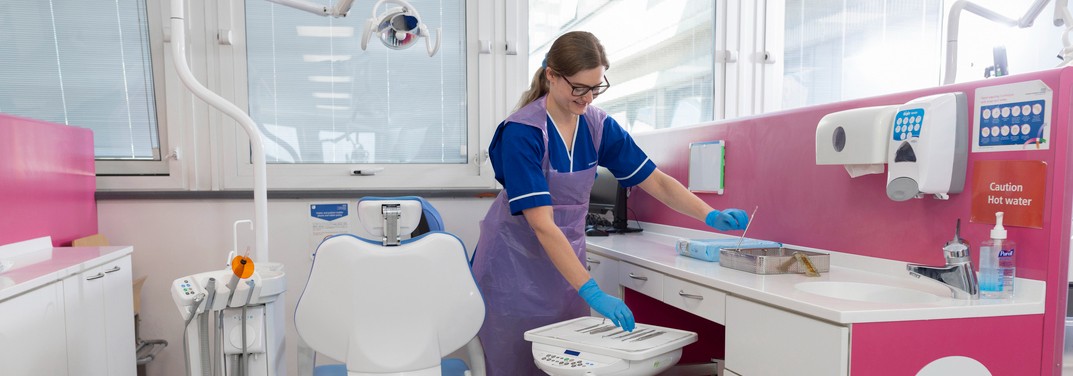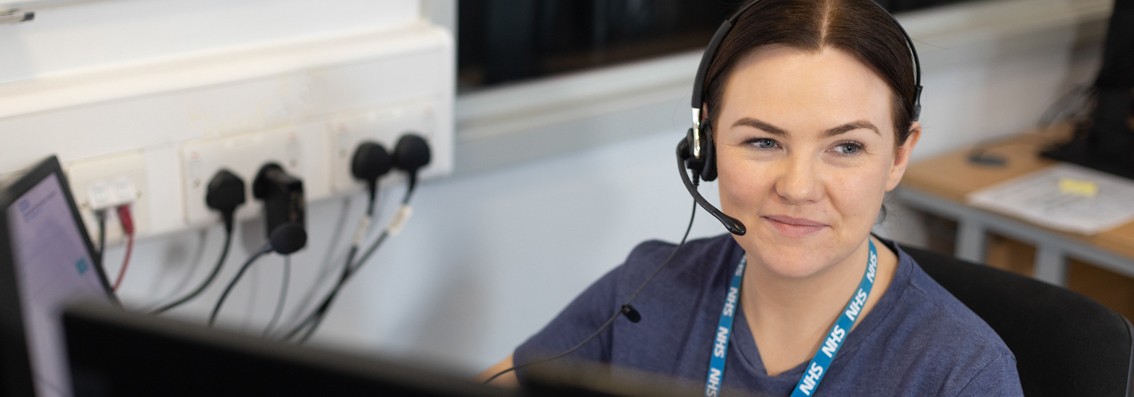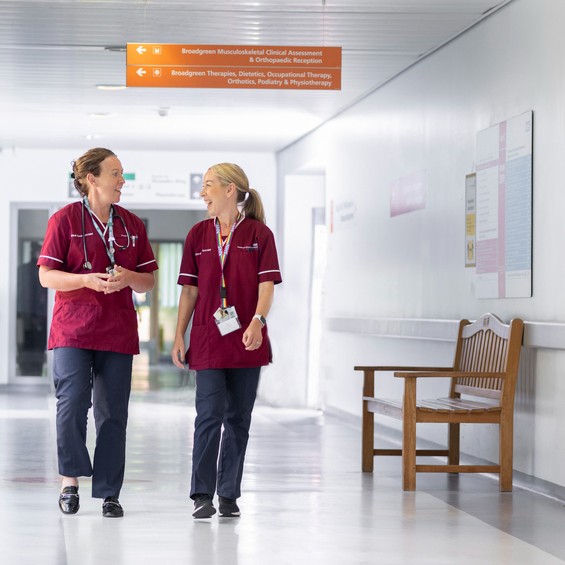What does a role in Catering involve?
As a member of our Catering team, you will be responsible for feeding our patients, colleagues and visitors.
Hydration and nutrition are key components in the quality of care we deliver.
What roles are available and what do they do?
Catering Assistant
- Preparing food such as vegetables for the cook or chef
- Washing up, by hand or using a dishwasher
- Keeping kitchen areas clean
- Clearing tables
- Loading meals onto trolleys to go to wards and other parts of the hospital
- Serving meals to staff in a canteen or restaurant
- Operating a till and handling cash.
Chef
- Planning meals and menus
- Preparing food
- Using kitchen equipment such as mixers
- Storing food correctly
- Making sure as little as possible is wasted
- Supervising kitchen assistants.
Catering Manager
- Recruiting, training and managing colleagues
- Making sure all services meet health and safety and food hygiene standards
- Planning menus to take into account nutritional standards and medical requirements, such as low fat, gluten free, vegetarian, etc
- Arranging staff rotas
- Controlling budgets
- Ordering and controlling stock
- Supervising catering staff to make sure that meals are prepared and served correctly and that supplies are available and carefully used.
- Liaising with dietitians and dietetic assistants to plan meals for patients on special diets.
- Working with chefs and cooks to plan menus.
There are no set entry requirements for catering assistants. Employers expect a good standard of numeracy and literacy. They may ask for GCSEs in English and maths. It would be an advantage to have some experience of catering or customer service, from paid employment or voluntary work.
To enter the NHS as a cook or chef, you need a catering qualification, usually at level 2 or 3.
Employers also expect catering experience.
Catering managers in the NHS have a relevant qualification, usually a degree or HND. This could be in, for example:
- Hospitality management
- Hotel and catering management
- Culinary arts management.
Your standard working week will be around 37.5 hours and may include a mix of shifts, such as nights, early starts, evenings and weekends. You’ll be paid on the Agenda for Change (AFC) pay system.
As a catering assistant, you would typically start at the bottom of band 2 or at higher points of band 2 as a chef. With further training and experience, you could apply for team leader positions at bands 3 and above.
As a catering manager, you’ll typically be paid at band 4. You could apply for posts as a catering manager at bands 5 and 6 with experience and training.
You’ll also have access to our generous pension scheme and health service discounts, as well as 27 days of annual leave, plus bank holidays, which increases the longer you’re in service.
To discover more additional benefits unique to Liverpool University Hospitals NHS Foundation Trust, please visit our Staff benefits page.











